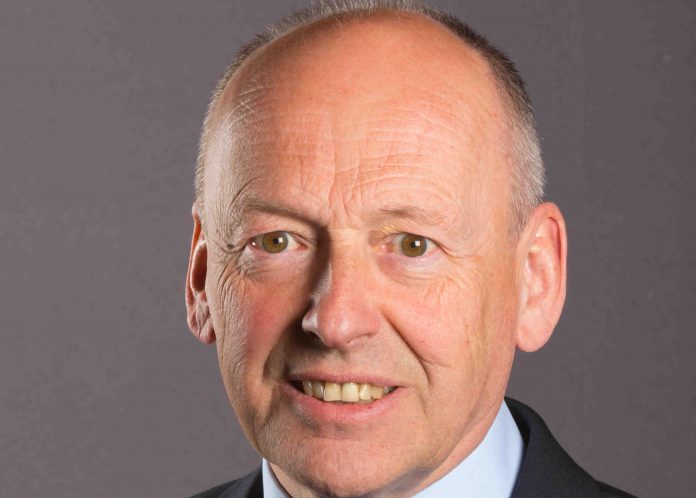Only one of England’s largest councils would be able to invest in adult social care over the next two years if extra funding is not made available.
A survey carried out by the County Councils Network (CCN), which represents 36 county and unitary authorities, found 56% said they were planning to reduce access to care packages or introduce charges for services ‘moderately’ or ‘severely’.
Under half (42%) said they planned to implement cuts to personal budgets and mental health services. As a result, 46% said it would mean fewer people would be able to access council-arranged care packages, and 65% predicted it would lead to more demand on the NHS.
The network is calling for additional funding, beyond the £1bn already committed in the government manifesto, to be prioritised for adults and children’s social care, with a focus on investment in prevention and early intervention services.
It predicts losses of £800m next year, increasing the 36 councils’ funding gap to £2.2bn. The authorities have so far identified £485m worth of savings, leaving a £1.7bn shortfall.
Just one in five councils (22%) were confident of setting a balanced budget next year without reductions to frontline services. They argue there was little scope to reduce non-care services such as libraries, bus routes, and school transport, meaning cuts were likely to fall on social care services.
The councils also predicted a rise in the number of vulnerable children coming through the system. Over a quarter (27%) of authorities said they would have to implement ‘moderate’ or ‘severe’ reductions to services for children in council care and subject to safeguarding, and 33% planned the same severity of cuts to early years and youth services.
Three-quarters (75%) of councils said reductions to preventative children’s services would lead to more costs in the future.
Cllr David Williams, CCN chair, said: ‘Over the past decade, councils have done all they can to protect frontline services, transforming their organisations so they are more efficient. But as this survey shows, we are quickly running out of ways to meet the funding shortfall without dramatic reductions which will make visible and damaging changes to highly-valued services.
‘The financial support provided by government over the past year has been very welcome. But even before the onslaught of a second wave, councils were facing difficult choices and they are now left with little room to manoeuvre over the coming months as they face further escalating costs resulting in an immediate cliff-edge next year.’
The survey comes ahead of the government’s Spending Review this month.








 ©2024 All rights reserved LaingBuisson
©2024 All rights reserved LaingBuisson 


